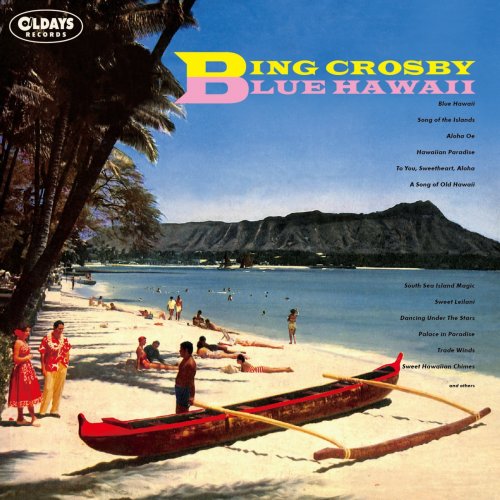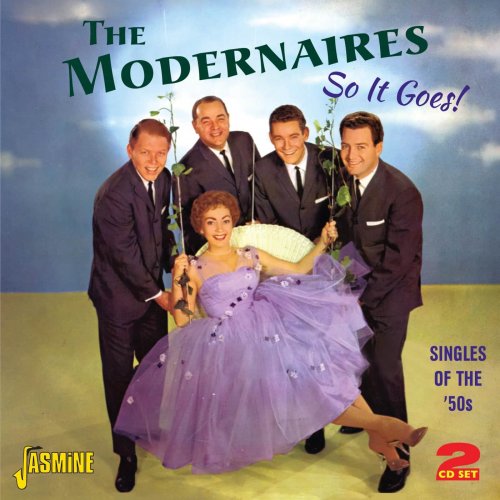Frederic Belli - Frederic Belli plays works by Berio, Rabe, Martin, Delerue, Rota (2011)
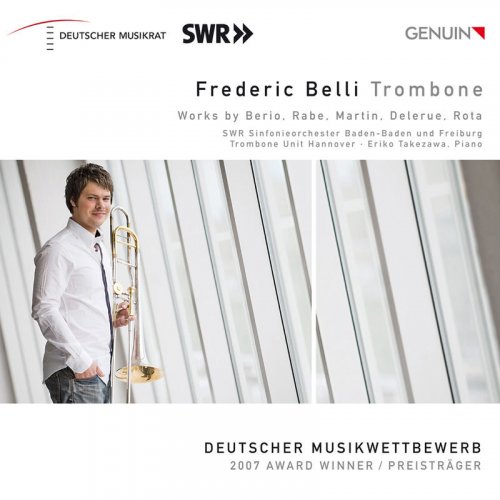
Artist: Frederic Belli
Title: Frederic Belli plays works by Berio, Rabe, Martin, Delerue, Rota
Year Of Release: 2011
Label: Genuin
Genre: Classical
Quality: FLAC (tracks+booklet)
Total Time: 52:48 min
Total Size: 205 MB
WebSite: Album Preview
Title: Frederic Belli plays works by Berio, Rabe, Martin, Delerue, Rota
Year Of Release: 2011
Label: Genuin
Genre: Classical
Quality: FLAC (tracks+booklet)
Total Time: 52:48 min
Total Size: 205 MB
WebSite: Album Preview
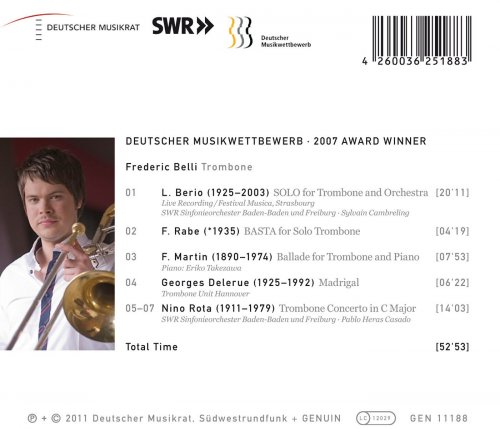
Tracklist:
01. SOLO
02. Basta
03. Ballade for Trombone and Piano
04. Madrigal
05. I. Allegro giusto
06. II. Lento, ben ritmato
07. III. Allegro moderato
Frederic Belli, the principal trombonist of the SWR Symphony Orchestra Baden-Baden and Freiburg since 2006, was the 2007 winner of the German Music Competition; the first trombonist to do so. One of the several components of the prize is the opportunity to record a CD for release on Genuin’s Primavera label. Belli’s position in the orchestra has given him the occasion to include concerted works as well as the more usual chamber works, and he has created a compelling collection as a result.
The program consists entirely of music written in the 20th century, ranging from Martin’s 1938 Ballade to Luciano Berio’s SOLO for Trombone and Orchestra, completed in 1999 and revised in 2000. The CD opens with the shadowy, almost impressionistic orchestral chords of the Berio work. Things do not remain calm for long, and during its 20-minute duration, the soloist is put through a grueling set of challenges. Berio has described it as “almost absurdly difficult,” a description that Belli seconds in his liner note interview. It was originally written to challenge virtuoso trombonist Christian Lindberg, and Belli studied the work with him in preparation for this performance. In his studio recording on BIS, Lindberg takes an edgier approach, wowing with sheer technical wizardry. Belli is hardly less impressive, but manages to make this forbidding piece sound more appealingly expressive as well. The work is otherwise hard to characterize, the solo and orchestra parts coexisting in time, complementary but not really responsive one to the other as would be the case in a traditional concerto.
The traditional concerto is provided by film composer Nino Rota. In three classical movements, unabashedly tuneful and high-spirited, it is the antithesis of the Berio. It would be easy in this company to undervalue the genial work, despite its masterly construction and technical challenges hidden behind a lyrical charm. Rota’s film music is apparent here, but so are hints of Shostakovich in the angular rhythms of the Allegro giusto and Bruckner in the darkly declamatory Lento. The Allegro moderato finale is pure Rota, full of the joy of life, tinged by just a bit of nostalgic wistfulness.
Georges Delerue, another film composer, provides a lightly jazzy work for trombone sextet, Madrigal . The soloist weaves a now-jaunty, now-melancholy melody over the rich chording of the two tenor and three bass trombones. Folke Rabe’s Basta for Solo Trombone, also written for Lindberg, is a message delivered with virtuoso urgency, rapid passagework and an extensive use of multiphonics, after a fanfare to get our attention. Then basta (enough), the messenger is on his way. What is the message? “That is up to everybody’s imagination,” says the composer. Finally there is the faintly archaic lyricism of Frank Martin’s Ballade for Trombone and Piano, the mysterious processional music of the opening giving way to the dramatic Allegro giusto , beautifully understated at first and built to an impressive climax.
Belli plays with a lean, singing tone, and never leans vulgarly into the lowest notes as some do. His breath control is remarkable, mastery of extended techniques impressive, and intonation, while not perfect, is so close to that as not to matter. He is ably accompanied in all works. This is a very desirable recital, with performances that need not fear comparison with competing versions by Christian Lindberg: high praise in any book.
The program consists entirely of music written in the 20th century, ranging from Martin’s 1938 Ballade to Luciano Berio’s SOLO for Trombone and Orchestra, completed in 1999 and revised in 2000. The CD opens with the shadowy, almost impressionistic orchestral chords of the Berio work. Things do not remain calm for long, and during its 20-minute duration, the soloist is put through a grueling set of challenges. Berio has described it as “almost absurdly difficult,” a description that Belli seconds in his liner note interview. It was originally written to challenge virtuoso trombonist Christian Lindberg, and Belli studied the work with him in preparation for this performance. In his studio recording on BIS, Lindberg takes an edgier approach, wowing with sheer technical wizardry. Belli is hardly less impressive, but manages to make this forbidding piece sound more appealingly expressive as well. The work is otherwise hard to characterize, the solo and orchestra parts coexisting in time, complementary but not really responsive one to the other as would be the case in a traditional concerto.
The traditional concerto is provided by film composer Nino Rota. In three classical movements, unabashedly tuneful and high-spirited, it is the antithesis of the Berio. It would be easy in this company to undervalue the genial work, despite its masterly construction and technical challenges hidden behind a lyrical charm. Rota’s film music is apparent here, but so are hints of Shostakovich in the angular rhythms of the Allegro giusto and Bruckner in the darkly declamatory Lento. The Allegro moderato finale is pure Rota, full of the joy of life, tinged by just a bit of nostalgic wistfulness.
Georges Delerue, another film composer, provides a lightly jazzy work for trombone sextet, Madrigal . The soloist weaves a now-jaunty, now-melancholy melody over the rich chording of the two tenor and three bass trombones. Folke Rabe’s Basta for Solo Trombone, also written for Lindberg, is a message delivered with virtuoso urgency, rapid passagework and an extensive use of multiphonics, after a fanfare to get our attention. Then basta (enough), the messenger is on his way. What is the message? “That is up to everybody’s imagination,” says the composer. Finally there is the faintly archaic lyricism of Frank Martin’s Ballade for Trombone and Piano, the mysterious processional music of the opening giving way to the dramatic Allegro giusto , beautifully understated at first and built to an impressive climax.
Belli plays with a lean, singing tone, and never leans vulgarly into the lowest notes as some do. His breath control is remarkable, mastery of extended techniques impressive, and intonation, while not perfect, is so close to that as not to matter. He is ably accompanied in all works. This is a very desirable recital, with performances that need not fear comparison with competing versions by Christian Lindberg: high praise in any book.
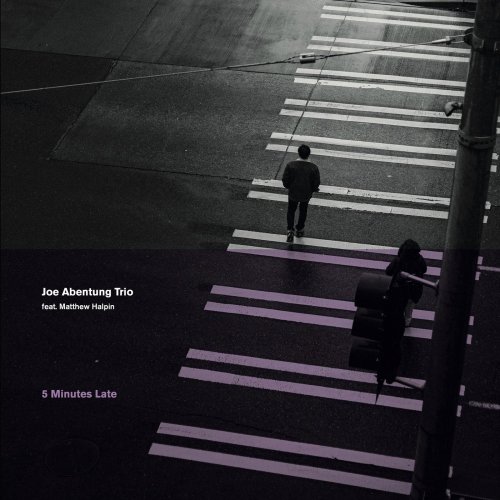
![Coco Chatru Quartet - Lost Christmas (2025) [Hi-Res] Coco Chatru Quartet - Lost Christmas (2025) [Hi-Res]](https://www.dibpic.com/uploads/posts/2025-12/1765719561_coco-chatru-quartet-lost-christmas-2025.jpg)



